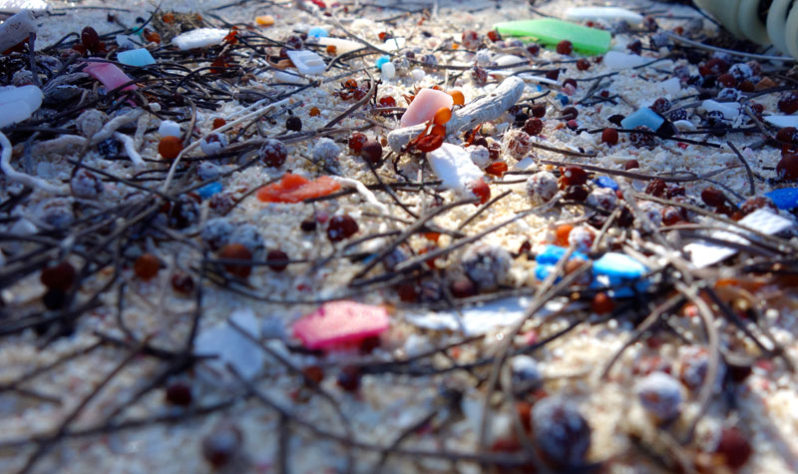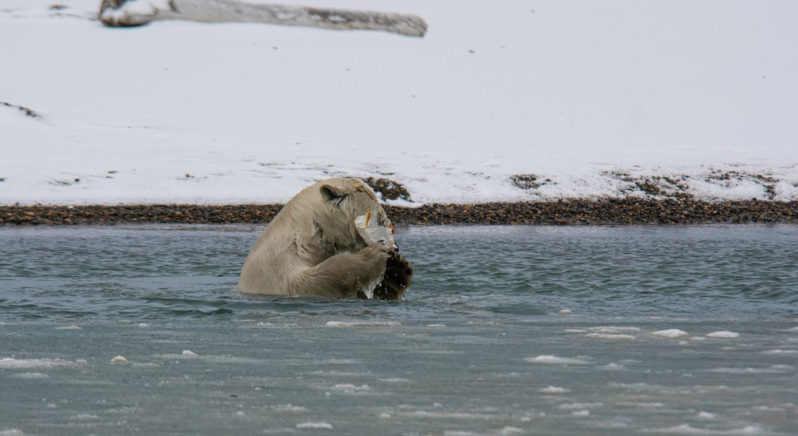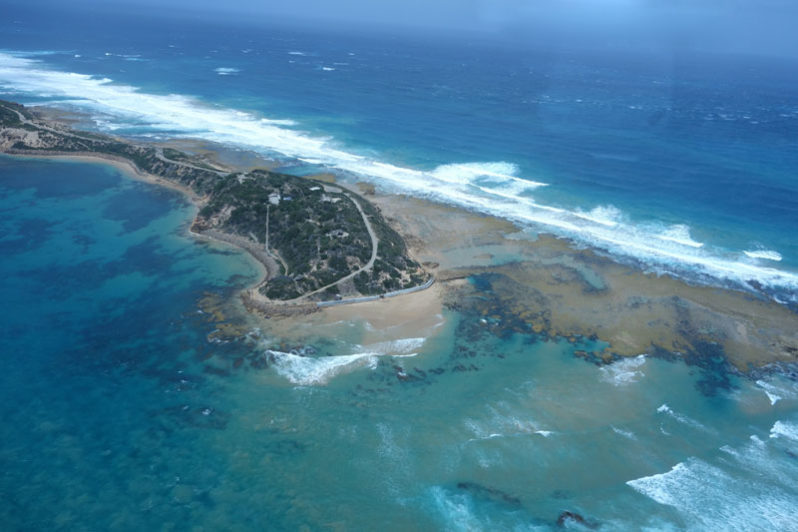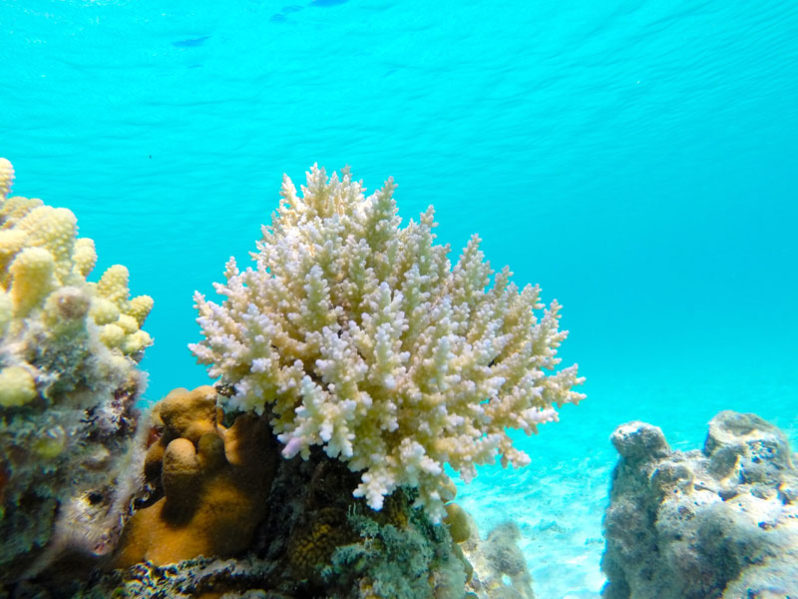Taste, not appearance, drives corals to eat plastics

Scientists have long known that marine animals mistakenly eat plastic debris because the tiny bits of floating plastic might look like prey. But a new Duke University study of plastic ingestion by corals suggests there may be an additional reason for the potentially harmful behavior.
Once-pristine Arctic choking on our plastic addiction

Earlier this year a global team of scientists sounded another alarm, revealing what they called the next major threat to the polar bears’ Arctic habitat: plastic.
Sea levels to rise 1.3m unless coal power ends by 2050, report says

Coastal cities around the world could be devastated by 1.3m of sea level rise this century unless coal-generated electricity is virtually eliminated by 2050, according to a University of Melbourne new paper that combines the latest understanding of Antarctica’s contribution to sea level rise and the latest emissions projection scenarios.
6 fascinating facts about coral reefs

Coral reefs are one of the world’s most colorful and diverse ecosystems, and though they cover only about 1 percent of the ocean floor, they have a huge effect on the health of the rest of the world. Healthy coral reefs mean healthy oceans which means healthy planet.
